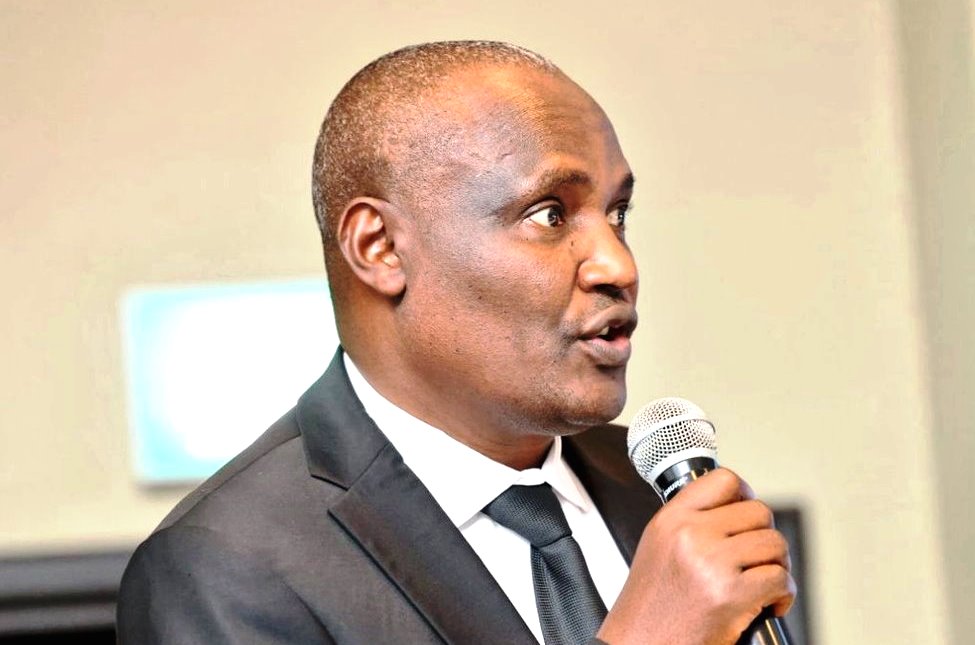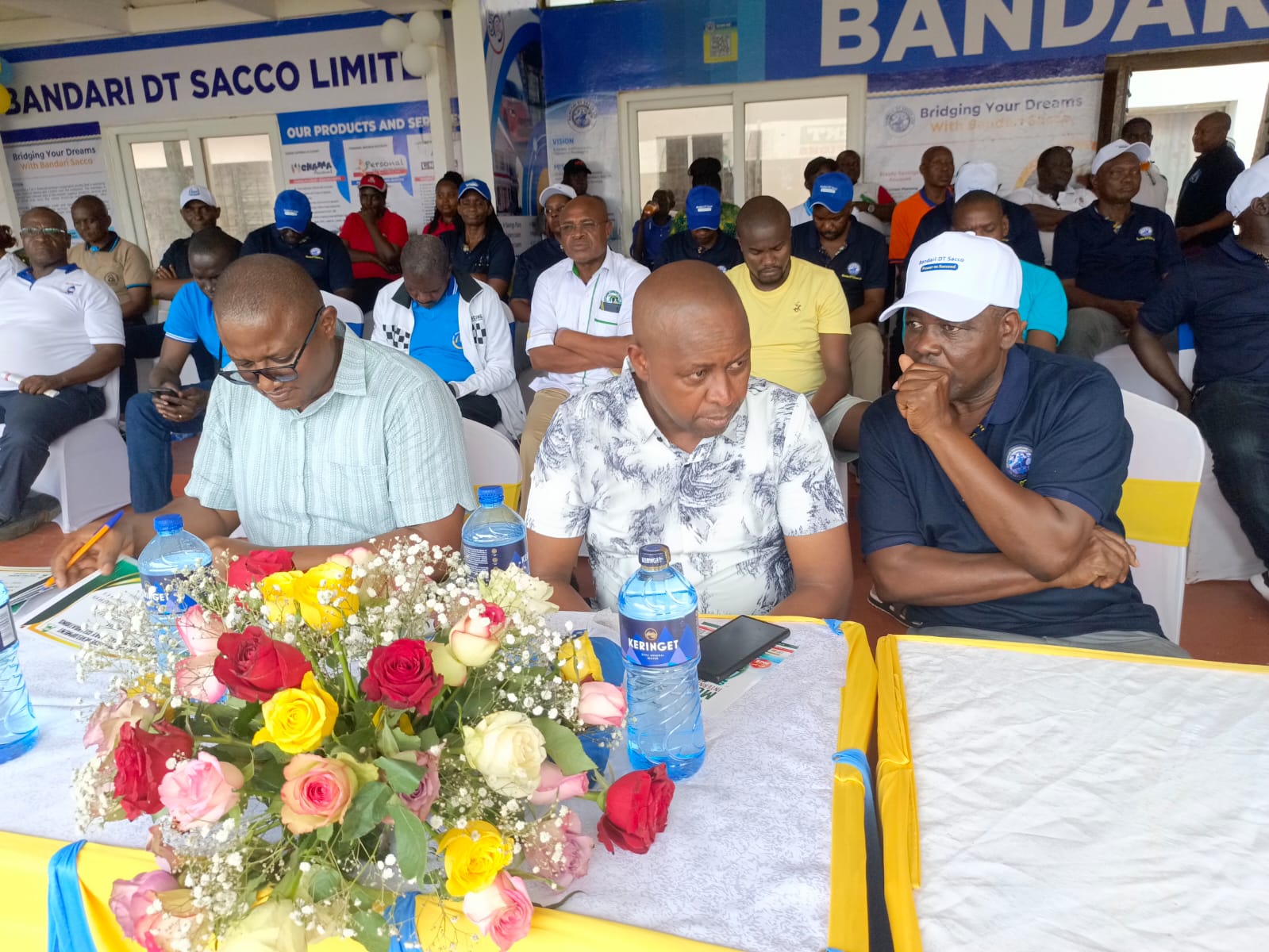Treasury Cabinet Secretary John Mbadi has proposed a significant policy shift to print Kenya’s national examinations locally from 2026 onwards. This move, he argues, would substantially reduce the billions of shillings currently spent on foreign printing services while maintaining the security and integrity of the examination process.
Speaking on the matter, Mr Mbadi stated that Kenya can handle the printing of examination papers domestically, citing the successful and trusted local production of passports as a key example. He argued that if Kenyans can trust locally produced passports, despite occasional counterfeit cases, they should have similar confidence in locally printed examination papers.

Currently, the Kenya Certificate of Primary Education (KCPE) and Kenya Certificate of Secondary Education (KCSE) examination papers are printed abroad, a practice defended by the late Education Cabinet Secretary, Prof George Magoha, as a means of preventing leaks.
However, Mbadi countered that leaks often originate from corrupt officials within government offices rather than the printing process itself. He noted that even with foreign printing, leaks still occur, rendering the additional cost unjustified.
The Cabinet Secretary proposed that the Government Printer could produce examination papers, provided adequate security measures are in place. He also questioned the continued reliance on foreign companies to print sensitive documents, such as ballot papers and ballot boxes, and called for greater investment in reputable local printing firms.
It remains uncertain whether officials at the Kenya National Examinations Council and the Ministry of Education, who have reportedly profited most from foreign printing contracts, will support the Cabinet Secretary’s proposal; however, their resistance is evident.
Addressing concerns over examination fees, Mbadi acknowledged the financial strain on some families but argued that wealthier parents with children in private schools, who already pay high tuition fees, should be able to afford the Sh5,000 examination fee. He assured the public that the Ministry of Education is developing criteria to exempt students from low-income households from these fees.
Mbadi’s proposals align with recommendations from the Presidential Working Party on Education Reforms, which advocates for the Kenya National Examinations Council (KNEC) to build internal capacity for printing examination papers. According to the report, this would not only lower costs but also enhance national ownership and oversight of the examination process.
In summary, the Treasury Cabinet Secretary is advocating for a policy to localise the printing of examination papers and potentially election materials, aiming to promote cost-effectiveness, boost public trust, and strengthen Kenya’s internal systems for managing sensitive documents.





